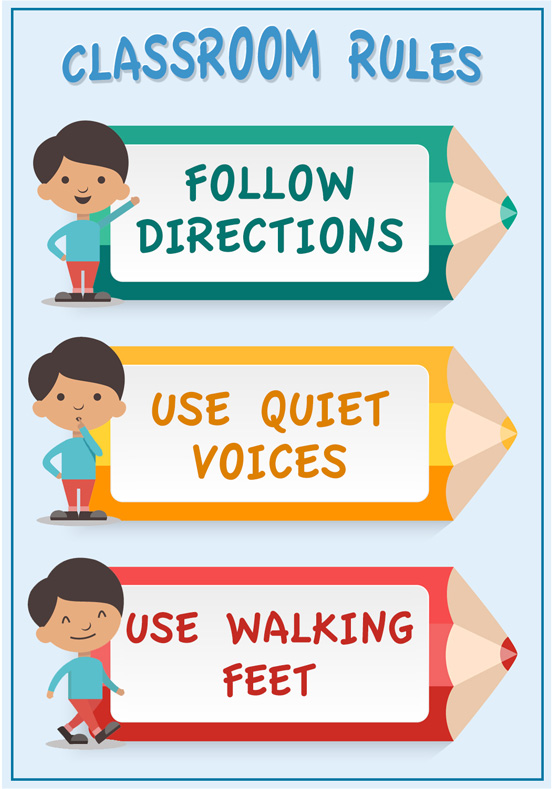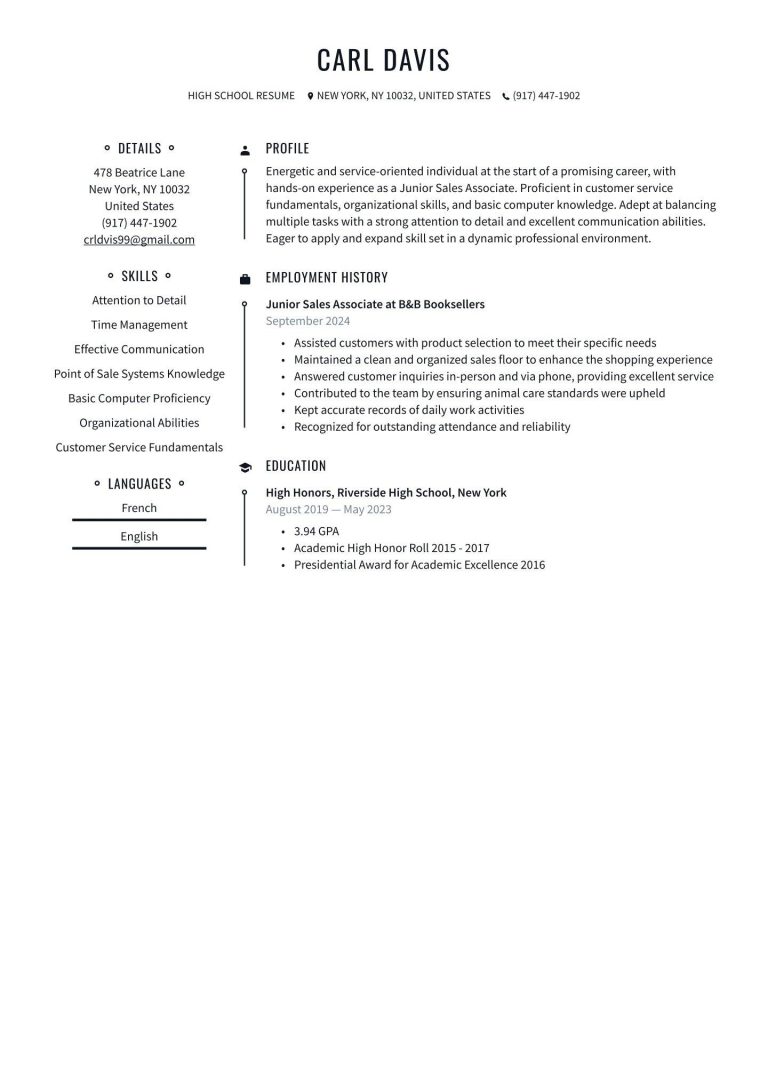Navigating the New Frontier: Homeschooling Tips for Beginners

Welcome, brave adventurers, to the uncharted territory of homeschooling! As you embark on this wild and wacky journey, prepare yourself for endless days of math lessons in pajamas, science experiments in the kitchen, and field trips to the backyard. Fear not, for we have gathered a treasure trove of homeschooling tips to guide you through this unexplored frontier. So strap on your virtual backpack, sharpen your pencils, and get ready to navigate the twists and turns of homeschooling for beginners. Let the quest begin!
Understanding the Legal Requirements for Homeschooling
So you’ve decided to embark on the wild and wonderful journey of homeschooling your child. Congratulations! But before you dive headfirst into the world of lesson plans and field trips, there are a few legal hoops you’ll need to jump through. Don’t worry, we’re here to break it down for you in a way that won’t make your head spin (hopefully).
First things first, make sure you familiarize yourself with your state’s homeschooling laws. Each state has its own set of requirements for homeschooling, so it’s important to know what you’re getting yourself into. Some common legal requirements you may encounter include:
- Submitting a notice of intent to homeschool
- Maintaining attendance records
- Conducting standardized testing
- Keeping a portfolio of your child’s work
**Pro tip:** If you’re feeling overwhelmed by all the legal jargon, don’t be afraid to reach out to other homeschooling parents in your area for guidance. They’ve been where you are and can offer valuable insights to help you navigate the legal maze of homeschooling.
Remember, homeschooling is a unique and rewarding experience, but it’s important to make sure you’re staying on the right side of the law. With a little bit of research and a whole lot of patience, you’ll be well on your way to homeschooling success!

Selecting a Curriculum That Fits Your Child’s Learning Style
So, you’ve decided it’s time to choose a curriculum for your child’s unique learning style. Congratulations! You’re about to embark on a journey filled with exciting possibilities. Here are a few tips to help you on your quest:
First off, consider your child’s individual learning style. Are they a visual learner, an auditory learner, a kinesthetic learner, or some combination of these? Keep this in mind as you explore different curriculum options.
Next, think about your child’s interests and passions. Is your little one obsessed with dinosaurs? Does your teenager dream of becoming the next great novelist? Look for a curriculum that will tap into their natural curiosity and ignite their imagination.
Don’t forget to involve your child in the decision-making process. After all, they’ll be the one using the curriculum day in and day out. Take them to the bookstore or library and let them browse the options. Who knows, they might surprise you with their enthusiasm for a particular subject or teaching style!

Setting Up a Structured Daily Schedule for Effective Learning
So you want to set up a structured daily schedule for effective learning, huh? Well, you’ve come to the right place! Here are some tips and tricks to help you create a kick-ass schedule that will have you acing all your classes:
First things first, set realistic goals and priorities. Do you really need to spend two hours on TikTok? Probably not. Allocate your time wisely and make sure to prioritize your tasks based on importance. Remember, learning comes first (unfortunately).
Next, be consistent. It’s all about forming good habits, just like brushing your teeth or eating ten snacks a day. Try to stick to a routine and schedule your study sessions at the same time each day. This will help your brain get into gear and adjust to your new super productive lifestyle.
Don’t forget to take breaks. Your brain is like a tired little hamster on a wheel, running and running until it falls over from exhaustion. Give yourself some time to relax and recharge between study sessions. Maybe watch a funny cat video or do some interpretive dance in your living room. Whatever floats your boat!

Creating a Learning Environment That Promotes Focus and Productivity
Are you tired of constantly being distracted in your learning environment? Do you find yourself getting nothing done because of all the chaos around you? Well, fear not! With a few simple tricks, you can create a space that promotes focus and productivity.
One key tip is to **declutter** your space. Get rid of all those unnecessary items cluttering your desk or study area. A clean and organized space can do wonders for your concentration. Say goodbye to that pile of old papers and hello to a streamlined and efficient workspace.
Next, **incorporate natural light** into your environment. Natural light has been shown to improve focus and overall well-being. Position your desk near a window or invest in a quality desk lamp that mimics natural sunlight. You’ll be amazed at how much more productive you can be with a little sunshine in your life.
Another important aspect of creating a productive learning environment is **limiting distractions**. Put your phone on silent, turn off notifications on your computer, and maybe even invest in a pair of noise-canceling headphones. By eliminating these distractions, you’ll be amazed at how much more you can accomplish in a shorter amount of time.

Incorporating Field Trips and Outside Activities Into Your Homeschooling Curriculum
Field trips and outside activities are a great way to spice up your homeschooling curriculum and give your kids a break from the monotony of textbooks and worksheets. Plus, it’s a perfect excuse to get out of the house and explore the world around you!
When planning your field trips, think outside the box. Sure, you could visit a museum or a nature reserve, but why not shake things up a bit? How about a trip to the local farmer’s market to learn about sustainable agriculture, or a visit to a fire station to meet real-life heroes? The possibilities are endless!
Don’t forget to take advantage of the many resources available to homeschooling families. Many museums, zoos, and parks offer discounted rates or special programs for homeschoolers. And don’t be afraid to reach out to local businesses and organizations – you never know what exciting opportunities they may have to offer!
And remember, the most important thing is to have fun! Field trips and outside activities are a chance to make learning come alive for your kids, so don’t stress too much about sticking to a strict curriculum. Embrace the unexpected, go with the flow, and enjoy the journey!
Utilizing Online Resources and Educational Tools to Enhance Learning
Who needs textbooks when you have the world wide web at your fingertips? With the plethora of online resources and educational tools available, learning has never been more accessible or entertaining. Let’s dive into some ways to make the most out of these digital gems.
First off, let’s talk about interactive learning platforms. These nifty tools are like virtual classrooms where you can engage with course material in a fun and immersive way. Whether it’s quizzes, games, or virtual simulations, these platforms take learning to a whole new level. Plus, who wouldn’t want to earn points and badges while mastering concepts?
Next up, we have video tutorials. Forget boring lectures – why read a dry textbook when you can watch a lively video on the same topic? Platforms like YouTube and Khan Academy offer a plethora of educational videos that break down complex concepts into bite-sized, digestible chunks. Who knew learning could be this entertaining?
And let’s not forget about online forums and communities. Learning is always more fun when you have a support system. Joining online communities related to your field of study can help you connect with like-minded individuals, bounce ideas off each other, and even collaborate on projects. Who knows, you might make some lifelong friends along the way!
Seeking Support and Connecting with other Homeschooling Families in Your Community
Are you tired of feeling like the only homeschooling family in your neighborhood? Do you long for connection with other families who understand the joys and challenges of educating at home? Look no further! Join our community of homeschoolers and find the support and camaraderie you’ve been craving.
By connecting with other homeschooling families in your area, you’ll have access to a wealth of resources and knowledge. Need curriculum recommendations? Want to swap teaching tips? Or simply looking for some like-minded friends for your kids to hang out with? Our community has got your back!
Joining our group is easy and fun! Be a part of meetups, playdates, and field trips with other families who share your homeschooling journey. Forge lasting friendships and create unforgettable memories together. Let’s make homeschooling not just an educational experience, but a social one too!
Don’t let homeschooling feel isolating or overwhelming. Connect with other families who are on the same path as you and laugh, cry, and learn together. Join our community today and let’s support each other as we navigate the wild and wonderful world of homeschooling!
FAQs
Do I need a teaching degree to homeschool my child?
Well, if your child already knows more about dinosaurs than you do, you might want to brush up on your own knowledge. But in all seriousness, no, you don’t need a teaching degree to homeschool your child. Remember, you know your child better than anyone else, so you’re already ahead of the game!
How can I create a homeschooling schedule that works for my family?
Think of your homeschooling schedule like a Choose Your Own Adventure book. You have the freedom to decide when and how long your school days will be. Just make sure to include breaks for snack time, dance parties, and the occasional episode of your favorite cartoon.
What resources are available to help me homeschool my child?
From online curriculum resources to local homeschooling co-ops, there are plenty of resources out there to help you navigate this new frontier. Just don’t forget to also tap into your own creativity and resourcefulness. You’ve got this!
How can I ensure my child is socializing and making friends while being homeschooled?
Don’t worry, your child can still learn how to share, take turns, and argue over who gets to be the teacher during recess. Look into local sports teams, music classes, or community groups to help your child make new friends and build social skills.
What do I do if I feel overwhelmed or unsure about homeschooling?
First things first, take a deep breath. It’s normal to feel overwhelmed when embarking on a new journey. Reach out to other homeschooling parents for support and advice. And remember, it’s okay to take a break, regroup, and come back with a fresh perspective. You’ve got this!
Now go forth, young homeschoolers, and conquer that new frontier!
Congratulations on taking the plunge into homeschooling! Remember, it’s a wild ride full of highs and lows, but with these tips in your arsenal, you’re well-equipped to navigate this brave new world with confidence and humor. So don’t be afraid to make mistakes, embrace the chaos, and always remember to pack extra snacks. Good luck, and may the force of education be with you!






